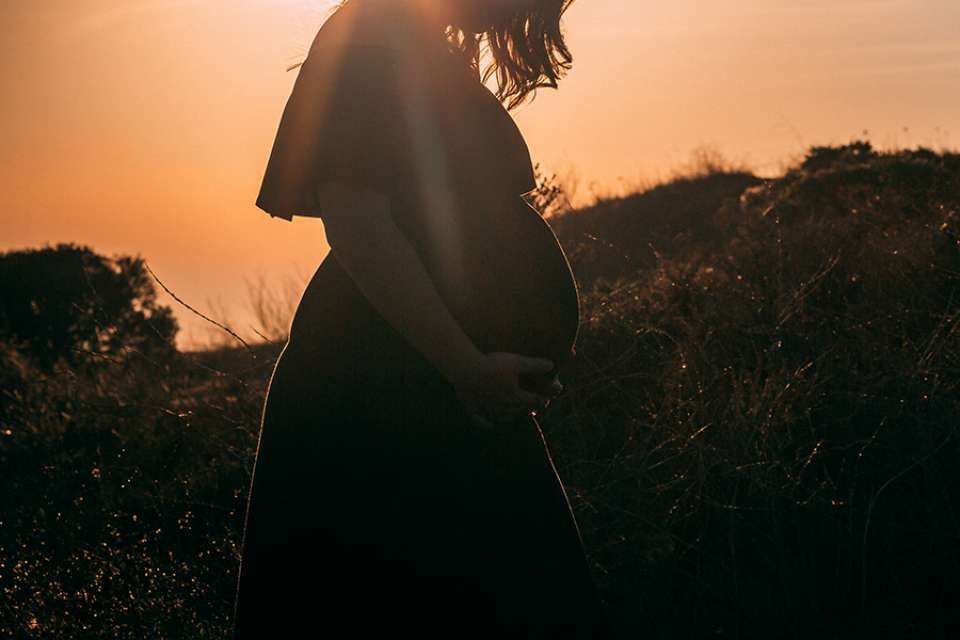A new effort in the UK has garnered the support of some of Britain’s maternity doctors who are recommending that women should be allowed to take abortion pills at home.
But some critics are advising against the practice, saying that aborting a pregnancy at home would be more traumatic for women.
Professor Lesley Regan, president of the Royal College of Obstetricians and Gynecologists, has argued that the current law in England and Wales surrounding abortion pills puts women at risk of bleeding on the way home from the doctor’s office and potentially miscarrying in public.
Under standard procedures in England and Wales, pregnant women receiving an early medical abortion within the first nine weeks gestation must receive the abortifacient drugs mifepristone and misoprostol in front of a doctor or nurse.
Regan has suggested that women should be able to take these pills “in the comfort of your own home,” according to the Telegraph.
Regan is joined by other proponents, such as Professor Chris Whitty, chief scientist adviser to the Department of Health. Organizations such as the British Pregnancy Advisory Service (BPAS) are also supporting the effort. Scotland has already made plans to change its law to allow women to take the abortion pills at home.
“It is unacceptable for any woman to be made to risk miscarrying on her way home from a clinic,” said Ann Furedi, chief executive of BPAS.
However, critics of the practice in the U.S. have advised against at-home abortions, saying that women taking the drugs alone at home can be dangerous.
“I’ve talked to these women — some of them get really panicked because they see the baby [after the abortion],” said Vicki Thorn, founder of the post-abortion healing organization Project Rachel, in a previous interview with CNA.
Thorn said that while giving women pills to take home sounds easier, it could cause them more trauma.
While women are advised to flush their aborted babies down the toilet, Thorn spoke of a woman who panicked and put her baby in the freezer. Thorn also noted that wherever the baby is aborted can often become a place of trauma for the woman, causing women to not want to go home or use their own bathrooms or bedrooms.
“The issue women have with medical abortion is: ‘I did it.’ There is no outside party that I can blame or hold accountable…and that bothers women,” Thorn noted.
Dr. John Bruchalski would agree. He is an obstetrician-gynecologist with the Tepeyac Family Center in Fairfax, Va., who formerly worked as an abortion doctor.
“When you subject a woman who’s pregnant to watch the process happen, it’s a challenge, it can be brutal,” Bruchanlski told CNA last year.
“There’s lots of contractions without anesthesia, lots of clots, that’s not even the issues that come with seeing the tissue with the baby,” he continued.
While recent reports have shown that abortion rates are at a low in the U.S. since the 1973 Roe v. Wade decision, medical abortions — those by pill — are making up around 43 percent of all abortions in the country.
If a large portion of women are allowed to take abortifacient pills at home, this could also increase the risk of abuses or regret. Many women have regretted their choice after the first dose of pills — a choice which can be reversed through the abortion pill reversal treatment.
However, women at home may not know to whom they can turn after their first dose of pills. Bruchalski said that women will most likely not go back to the clinic where they received the abortion pills if they have regrets or complications.
“It’s an incredibly complex thing, and there’s no good answer,” he said.

